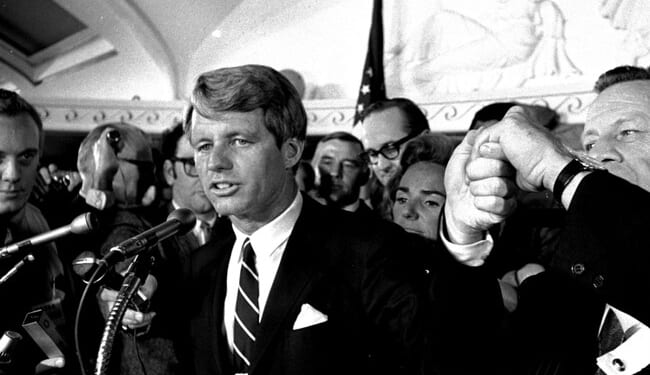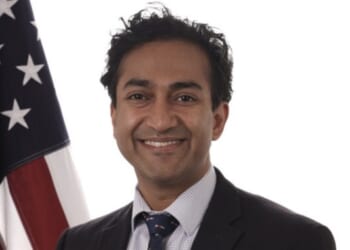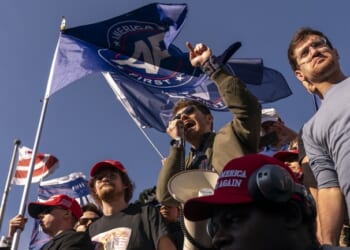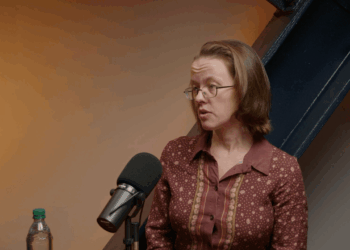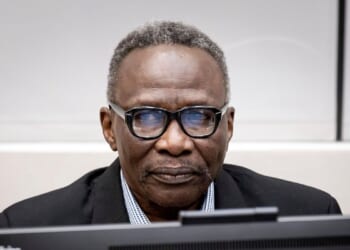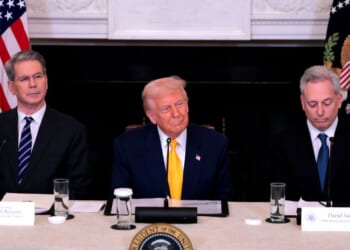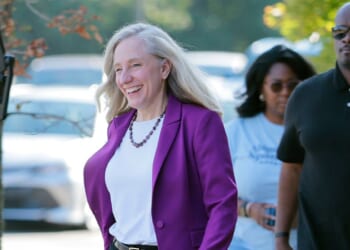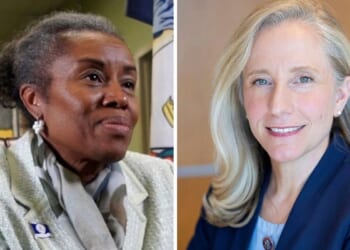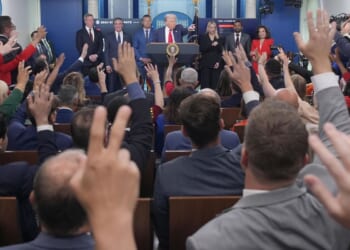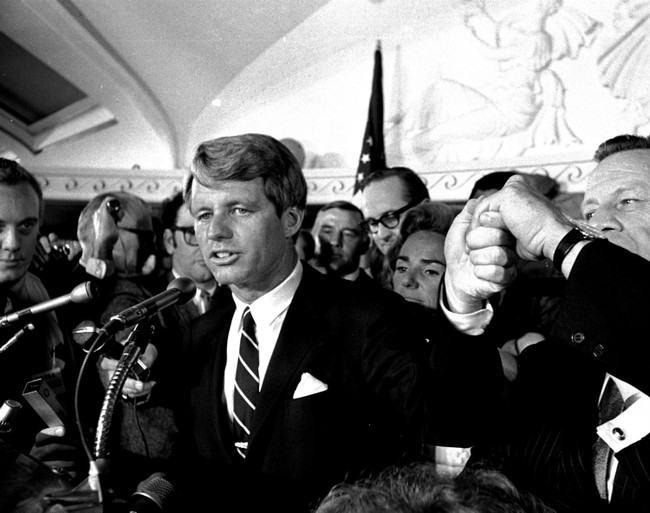
I remember July 4, 1976, very well. It was an all-day, wall-to-wall celebration of America at my house and around the country. My mother made homemade ice cream the old-fashioned way; endlessly churning the cream, adding ingredients, and ice. It took most of the day to make a couple of pints that our family of 10 children enjoyed immensely.
I had nearly completed my metamorphosis from anti-war liberal to Reagan conservative. I spent most of the day in spirited argument with most of my nine brothers and sisters, who were Democrats. Despite the arguments becoming heated at times, I never once doubted that my siblings loved America as fiercely and passionately as I did.
Democrats at that time were seen as patriotic as Republicans. Most of the politicians were old enough to have fought in World War II. Many were war heroes. Hubert Humphrey did not serve in the military; he was rejected three times during World War II due to his colorblindness and health issues. He worked for government agencies on war production training and was a college instructor during the war.
The only politician who could surpass Humphrey in giving a patriotic, stemwinding speech was John Connally, the former governor of Texas. He, too, was a Democrat. No one questioned Democrats’ love of country then. It really never entered anyone’s mind.
They just had a different vision for what America should be than I did. Can I say the same thing today?
Decidedly not. Many Democrats, especially from the activist class, do not love America. They don’t want to “fix” America. They want an entirely different country, unrecognizable to Americans of the past.
The Democrats of 50 years ago wanted a better America, not a foreign country as many Democrats today desire.
The political observer Brink Lindsey wrote in his Substack in 2023, “The most flamboyantly anti-American rhetoric of ’60s radicals is now more or less conventional wisdom among many progressives: America, the land of white supremacy and structural racism and patriarchy, the perpetrator of indigenous displacement and genocide, the world’s biggest polluter, and so on.”
Richard D. Kahlenberg is director of the American Identity Project at the Progressive Policy Institute. He teamed with senior fellow at the American Enterprise Institute, Ruy Teixeira, to write a piece in The Free Press on how to “fix” their patriotism problem.
The 1968 presidential campaign represented a turning point for liberalism and the Democratic Party. In 1960, John F. Kennedy had run a patriotic campaign calling on Americans to serve their nation, and arguing that Republicans had let America fall behind in the military competition with the Soviet Union.
In 1964 Lyndon Johnson lost a number of states in the Deep South over his morally correct embrace of colorblind civil rights policies. But it’s important to remember that like JFK, LBJ won an overwhelming share of working-class white voters nationwide in a campaign that voiced the patriotic idea that all of America’s citizens should be treated equally.
In 1968, America was at a crossroads. Robert Kennedy wanted to lead the nation into a new era — a mix of cultural conservatism and liberal economic policies.
“He denounced racial preferences, flag burning, and draft deferment for well-off college students,” write Teixieira and Kahlenberg. “He criticized welfare programs for robbing recipients of the dignity that comes from work and called them a cynical ‘payoff.'”
It was part of Kennedy’s “liberal patriotism,” where he believed you could love America for the same reasons conservatives loved it.
The night Martin Luther King was assassinated, Kennedy was in Indianapolis. The speech he gave that night echoes down the years to us today as his plea for understanding and love of country resonates with most of us on the right.
He declared, “We can move in [the] direction [of] great polarization—black people amongst black, white people amongst white, filled with hatred toward one another. Or we can make an effort, as Martin Luther King did, to understand and comprehend.”
Speaking for the first time publicly of his own brother’s assassination since the start of his campaign, RFK said he understood the anger and distrust that his audience might be feeling because he had also felt that way when his brother had too been killed by a white man.
But there was a better path to take, RFK said: Avoid violence, avoid hatred, and instead “return home, to say a prayer for the family of Martin Luther King. But more importantly, to say a prayer for our own country, which all of us love.”
Indianapolis was one of the few cities spared from the riots.
I don’t think there’s any hope for the activists and professionals who left-wing professors have so brainwashed that nothing contrary to their cockamamie world view can reach them.
Others might be persuadable if enough liberal patriots like Teixeira and Kahlenberg take a stand and push back against the stupidity and hatred of America.
PJ Media has been a source of independent news for more than 20 years. Unafraid to take on the critical issues that the national media won’t cover, our team of writers and editors works tirelessly to bring stories that inform and make readers think about America and its place in the world.
Help us continue to report the news you care about. Use promo code FIGHT to get 60% off your VIP membership.

